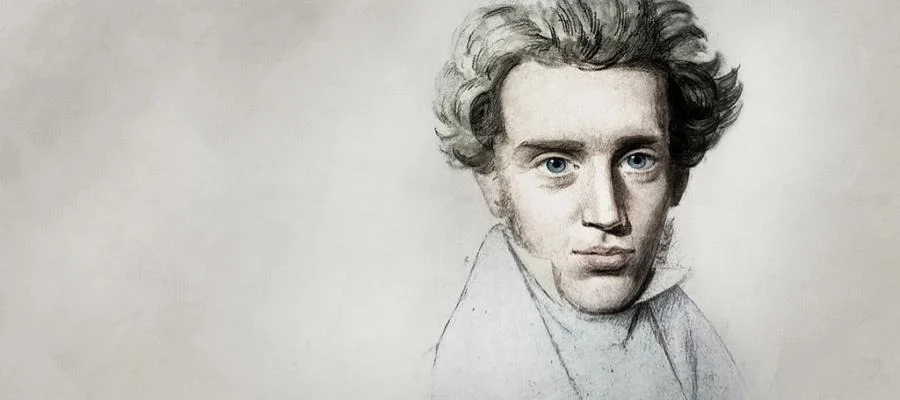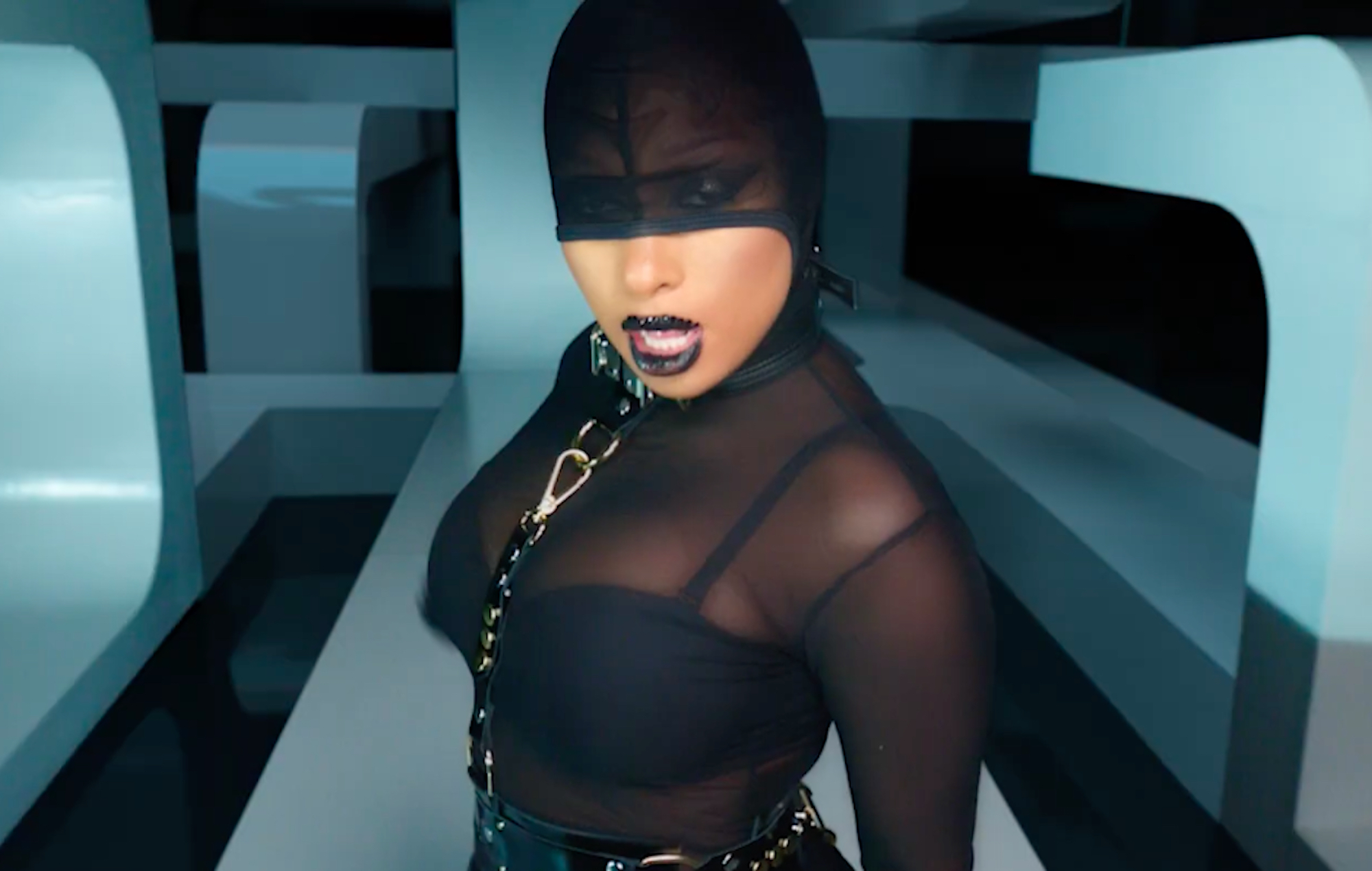
Kierkegaard Unmasked: The Existential Edge Shaping Modern Life
You know that feeling when you’re scrolling the subway wall ads, sipping that overpriced oat milk latte, and thinking, “Am I really living, or just existing?” Welcome to the mindspace of Søren Kierkegaard, the Danish philosopher who dropped existential truth bombs long before your morning Welcome to the mindspace of Søren Kierkegaard, the Danish philosopher who dropped existential truth bombs long before your morning anxiety playlist existed. If you’re thinking, “Who’s Kierkegaard?”, don’t worry—you’re about to meet the OG of self-reflection, despair, and the art of authenticity.
The Man, The Myth, The Existential Legend
Kierkegaard didn’t walk the streets of New York, but imagine him if he did: trench coat, notebook, scribbling thoughts on human Kierkegaard didn’t walk the streets of New York, but imagine him if he did: trench coat, notebook, scribbling thoughts on human existence between coffee shops and dimly lit subway stations. Born in 1813 Copenhagen, he was a one-man wrecking crew for conventional thinking. Forget academic ivory towers—this guy wrote in pseudonyms, flipped morality on its head, and made anxiety sexy in a way that still haunts philosophers and influencers alike.
He had a thing for contradictions. Faith vs. reason, love vs. despair, the individual vs. society. Kierkegaard made a career of asking the questions no one wanted to answer: What does it mean to live authentically? How do I confront my own despair? Can I leap into faith without a net?
Existentialism Before It Was Cool
Fast forward to today, Kierkegaard’s fingerprints are all over modern existential thought. From Fast forward to today, Kierkegaard’s fingerprints are all over modern existential thought. From Instagram captions that scream “be yourself” to captions that scream “be yourself” to Netflix shows that explore the depths of human anxiety, his work pulses through our shows that explore the depths of human anxiety, his work pulses through our culture. His idea of the “leap of faith”? That’s basically quitting a soul-sucking job to start your side hustle, hoping it sticks. His concept of despair? Ever felt alone in a crowded subway, wishing life made sense? That’s Kierkegaardian despair in action.
Quotes That Cut Like a Knife
Let’s not sugarcoat it—Kierkegaard knew how to land a verbal uppercut:
“Anxiety is the dizziness of freedom.”
Translation: the more choices you have, the more terrified you get. Pick the wrong job, the wrong Translation: the more choices you have, the more terrified you get. Pick the wrong job, the wrong partner, the wrong city—and suddenly you’re spiraling.
“Life can only be understood backwards; but it must be lived forwards.”
Urban translation: don’t get stuck in the ‘what-ifs’. Learn from yesterday, but keep hustling today.
The Cultural Impact: From Copenhagen to Brooklyn
Kierkegaard might have been buried in Denmark, but his ideas are alive in modern street culture, indie music, and yes—even in startup hustle. Artists, writers, and creators channel his existential angst into music, murals, and Kierkegaard might have been buried in Denmark, but his ideas are alive in modern street culture, indie music, and yes—even in startup hustle. Artists, writers, and creators channel his existential angst into music, murals, and digital art. Every “authentic” brand you see out here? Kierkegaard’s influence is in there somewhere, whispering: Be true to yourself, even if it’s scary.
Interesting Facts About Kierkegaard
-
Pseudonyms Galore: Kierkegaard wrote under multiple fake names to explore different philosophical perspectives. Think of it as early Kierkegaard wrote under multiple fake names to explore different philosophical perspectives. Think of it as early influencer marketing but for existentialism.
-
Heartbreaker: He was famously in love with Regine Olsen but never married her, claiming his philosophical mission demanded solitude. Tragic, but also peak existential.
-
The Father of Modern Existentialism: Jean-Paul Sartre, Albert Camus, and even Jean-Paul Sartre, Albert Camus, and even pop culture thinkers like Chuck Palahniuk owe a nod to him.
How Kierkegaard Speaks to Us Today
It’s easy to dismiss old philosophers as irrelevant. But Kierkegaard isn’t just about grand ideas—he’s streetwise It’s easy to dismiss old philosophers as irrelevant. But Kierkegaard isn’t just about grand ideas—he’s streetwise philosophy for modern life. Feeling anxious about your future? That’s the “dizziness of freedom” kicking in. Feeling stuck in a relationship, career, or creative rut? That’s the existential despair whispering your soul awake.
His prescription? Own it. Confront the despair, take the leap of faith, and live authentically.
Tips for Living the Kierkegaard Way
-
Embrace Anxiety: Don’t avoid it. Anxiety signals freedom and potential.
-
Take Your Leap: Identify your ‘leap of faith’—a bold move aligned with your values—and take it.
-
Reflect Daily: Journal, meditate, or just walk the streets, contemplating life’s absurdity.
-
Be Authentic: Stop performing for likes, followers, or societal approval. Kierkegaard hated that.
-
Face Despair: Not all despair is bad—it’s a compass pointing to Not all despair is bad—it’s a compass pointing to personal growth.
FAQ: Kierkegaard for the Curious
Q1: Who was Søren Kierkegaard?
Q2: What is existentialism?
Q3: Why is Kierkegaard still relevant?
Q4: What’s a “leap of faith”?
Q5: How can I use Kierkegaard’s ideas today?
How to Live Like Kierkegaard in the 21st Century
Step 1: Identify your life’s big questions—career, love, purpose. Don’t shy away from the discomfort.
Step 2: Accept that anxiety is a part of freedom—it’s proof you have choices.
Step 3: Take a leap of faith—start that project, relationship, or lifestyle change that aligns with your values.
Step 4: Reflect regularly. Journaling, meditating, or even late-night subway scribbles count.
Step 5: Keep authentic. Don’t let the algorithm, your peers, or society define your identity.
Final Thoughts
Kierkegaard isn’t just for philosophy majors or basement scholars—he’s for anyone navigating the chaos of modern life. The urban grind, the constant scroll, the Kierkegaard isn’t just for philosophy majors or basement scholars—he’s for anyone navigating the chaos of modern life. The urban grind, the constant scroll, the self-doubt—they’re all just modern echoes of existential dilemmas he explored over 200 years ago.
So the next time your anxiety hits mid-subway commute or your career feels like a dead-end maze, remember Kierkegaard’s words: freedom is dizzying, despair is inevitable, and So the next time your anxiety hits mid-subway commute or your career feels like a dead-end maze, remember Kierkegaard’s words: freedom is dizzying, despair is inevitable, and authenticity is the ultimate flex.
For more insights, cultural deep dives, and existential hacks, check out contenthub.guru—your playground for knowledge that hits hard, makes you think, and keeps it real.
Suggested for You
Tracie Elise: The Sacred Rebel of Sedona
Reading Time: 5 min
Discover the life and work of Tracie Elise, a modern-day mystic blending ancient wisdom with contemp...
Read More →
Kierkegaard Unmasked: The Existential Edge Shaping Modern Life
Reading Time: 5 min
Dive deep into Søren Kierkegaard’s existential philosophy, its cultural impact, and how his ideas ec...
Read More →
The Bronx's Boldest Beatmaker—From Viral Rhymes to Real Talk
Reading Time: 5 min
Explore the multifaceted world of Ice Spice—her rise from the Bronx to global stardom, her fitness a...
Read More →
Megan Thee Stallion: Body, Beats, and Bold Ambitions
Reading Time: 5 min
Dive into the world of Megan Thee Stallion—her fitness routine, diet, body, music career, latest new...
Read More →
Comments